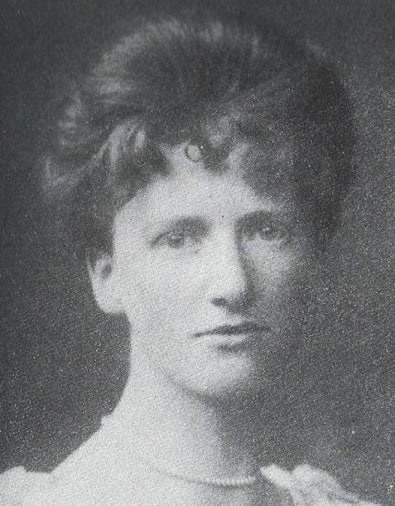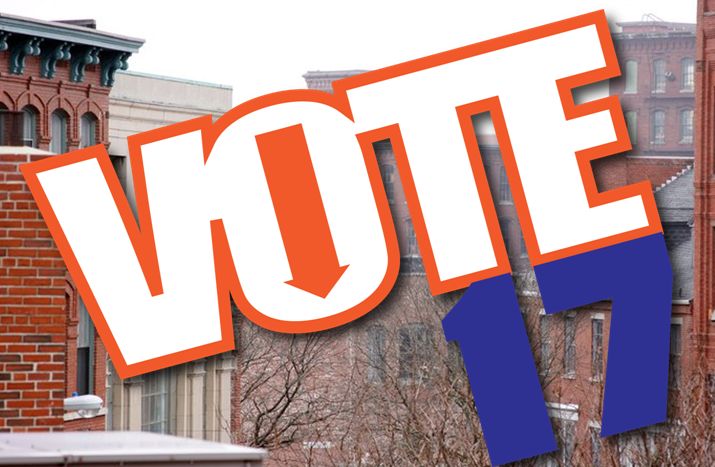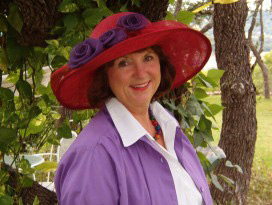 |
| Eglantyne Jebb |
Back in 1923, a British woman named Eglantyne Jebb (don't ever name your daughter that) brainstormed a five-part proclamation for the Save the Children foundation.
1. The child must be given the means requisite for its normal development, both materially and spiritually.
That sounds pretty good. Basic, and good.
2. The child that is hungry must be fed, the child that is sick must be nursed, the child that is backward must be helped, the delinquent child must be reclaimed, and the orphan and the waif must be sheltered and succored.
Food, shelter, all good things, but what exactly does it mean by "backward"? Mentally handicapped? Hmm. Can't say that word anymore. And reclaimed. I can think of two meanings for that, opposite meanings. Most likely it's suggesting parental discipline and reform schools. If you scroll down to my previous post, "B is for Boot Camps", you know how I feel about so-called correctional facilities. People have died in those places.
3. The child must be the first to receive relief in times of distress.
Sure, why not?
The child must be put in a position to earn a livelihood, and must be protected against every form of exploitation.
The two parts of that sentence almost sound contradictory at first. "Put in a position to earn a livelihood" makes me think of child labor, which makes me think of the research I did for a history fair project back in fourth grade, which makes me think of Lewis Hine photographs.

"Protected against every form of exploitation". Child prostitution and pornography and trafficking are exploitation, but so is hard labor for low wages.
But then, maybe they're trying to create a happy compromise here. Honest work, honest wages. Or maybe the "position" they're being put in refers to school. I haven't read anything about education yet.
5. The child must be brought up in the consciousness that its talents must be devoted to the service of its fellow men.
Okay, that could count. But number five makes me think of so many other things before school. After school programs, sports, arts, community service, and mostly children learning to think and act for themselves. Adults have a responsibility to provide their fellow men, especially the younger ones. If you want to be an adult, really being an adult, you have to go from being acted upon to acting. Otherwise you're just a thirty-something guy with no wife, no kids, and no job living in his parents' basement.
And why are these children called "it"? "It" is the pronoun you use to talk about mosquitoes and spatulas. Not people.
All in all, the five principles sound like important, impactful ideas. They've gone a long way since 1923. The United Nations adopted them in 1959 after they added on to them. The date of adoption-November 20th-is now Universal Children's Day. And my little brother's birthday, which he thinks is somewhat cool.
Childrens' Days are celebrated all around the world. Most countries use the date June 1st. Many celebrate the day with parades, gifts, a day off school, and free admission to museums and zoos for children.
The U.S. just puts it on the calendar for October 11th and then virtually ignores it. Even though it's been a holiday longer the Mothers' and Fathers' Day. Lame. Strangely enough, United Kingdom is one of the few countries to not have a Childrens' Day, even though it was a British woman who drafted the Declaration of the Rights of the Child in the first place.
Note to self: Make a big fuss on October 11th. I already missed June. Why do I always find out about these holidays after they happen?
All in all, the five principles sound like important, impactful ideas. They've gone a long way since 1923. The United Nations adopted them in 1959 after they added on to them. The date of adoption-November 20th-is now Universal Children's Day. And my little brother's birthday, which he thinks is somewhat cool.
Childrens' Days are celebrated all around the world. Most countries use the date June 1st. Many celebrate the day with parades, gifts, a day off school, and free admission to museums and zoos for children.
The U.S. just puts it on the calendar for October 11th and then virtually ignores it. Even though it's been a holiday longer the Mothers' and Fathers' Day. Lame. Strangely enough, United Kingdom is one of the few countries to not have a Childrens' Day, even though it was a British woman who drafted the Declaration of the Rights of the Child in the first place.
Note to self: Make a big fuss on October 11th. I already missed June. Why do I always find out about these holidays after they happen?

















